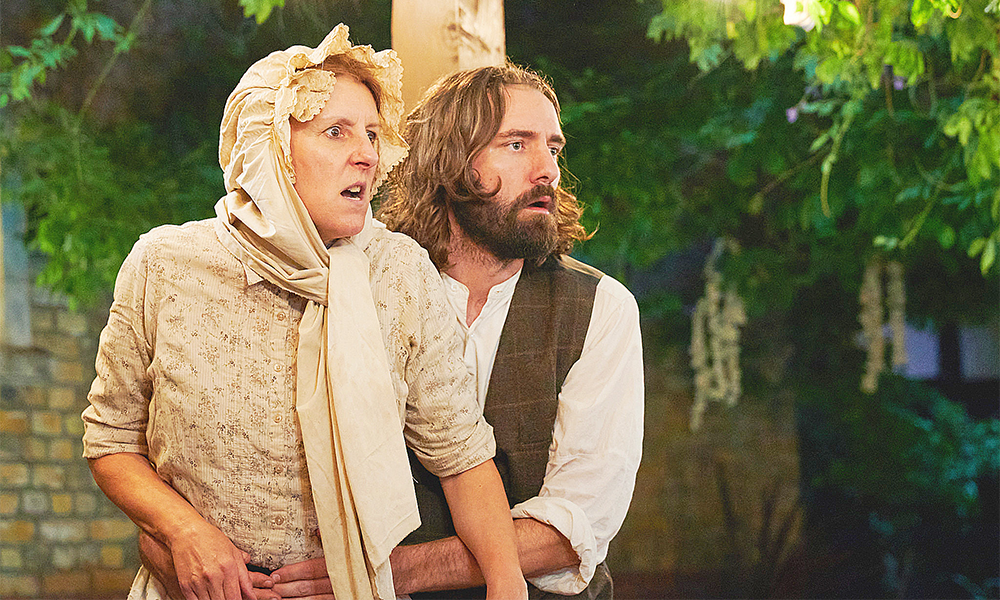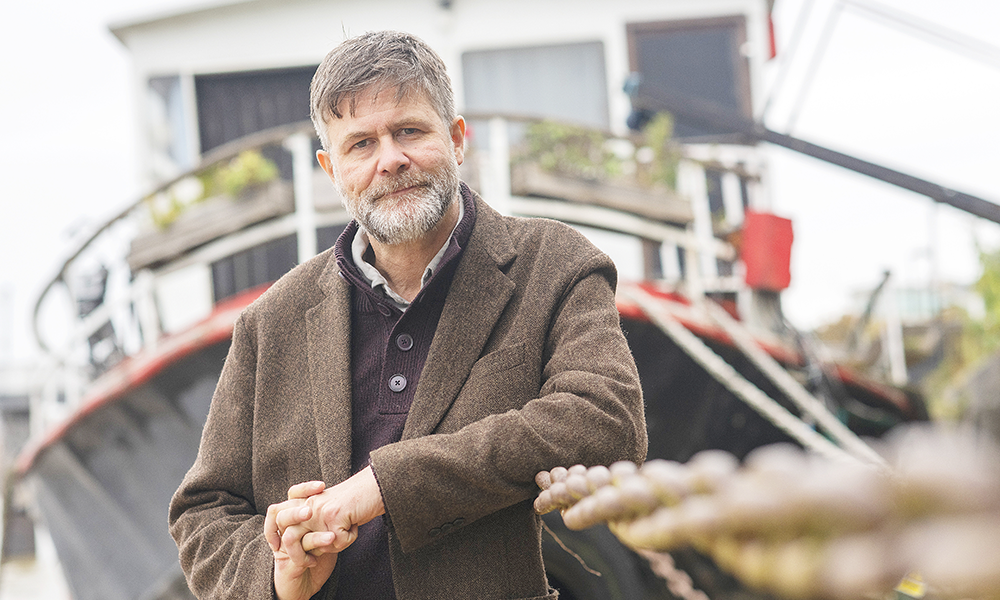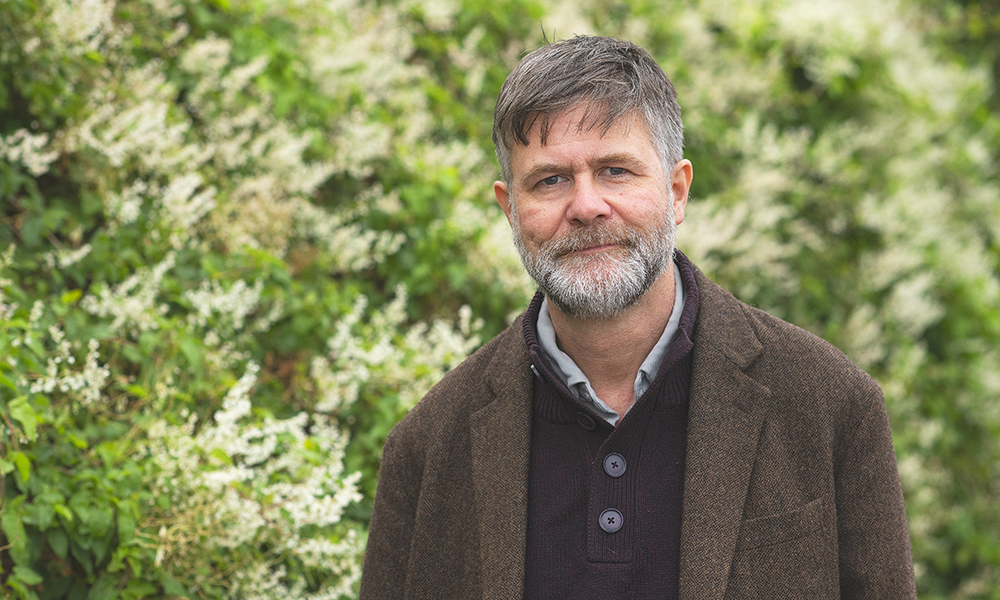Founder Phil Willmott is putting on The Christmas Wife and the Wizard Of Oz at theatre’s new home at The Hithe
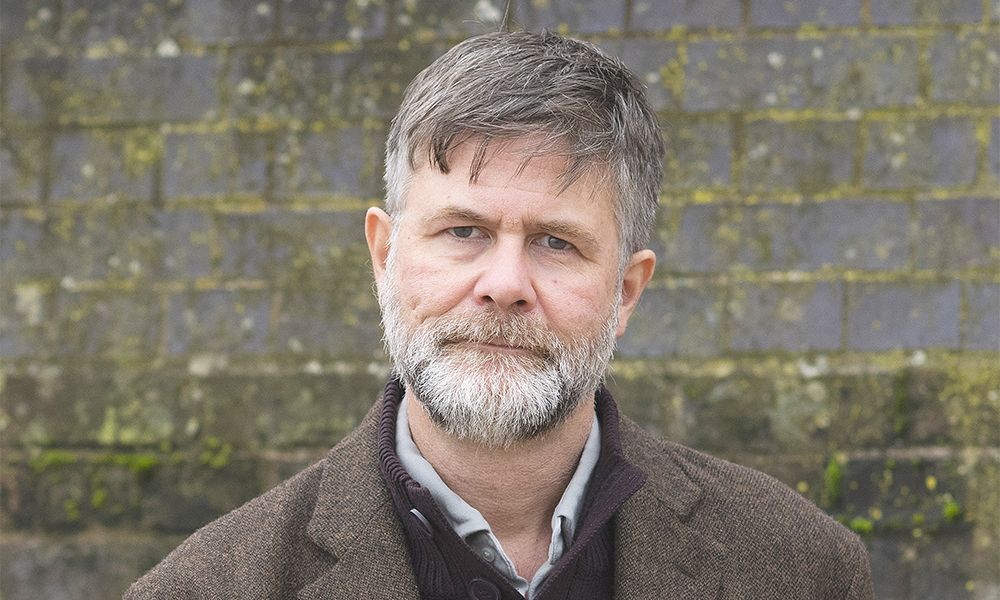
Subscribe to Wharf Life’s weekly newsletter here
BY LAURA ENFIELD
Declarations that it is “The most wonderful time of the year” are being blasted at us from all angles.
That perfectly trimmed TV turkey, the handmade centrepiece online, families decorating in matching Christmas jumpers.
Fomo is more rampant than ever, but with the shadow of Covid just over our shoulders and the cost of living crisis in our faces, do we really need to embrace it?
Phil Willmott from Rotherhithe Playhouse knows no-one wants to be Scrooge, but thinks it’s important to highlight that we don’t have to be Stacey Solomon either.
The theatre, which launched in summer 2020, is marking its second festive season with The Christmas Wife – a dark comedy offering couples the chance to pause and reflect.
Showing from December 15-30 at the theatre’s new home in The Hithe, it is an adaptation of Ibsen’s The Doll’s House, which tells the story of a wife whose perfect Christmas starts to unravel due to one bad decision.
It will be tempered against family favourite The Wizard Of Oz, also showing December 15-30, 2022, which launches a new scheme offering up to four free childrens’ tickets with a paying adult.
I sat down with Phil to find out more about the plays and the theatre’s plans for 2023.
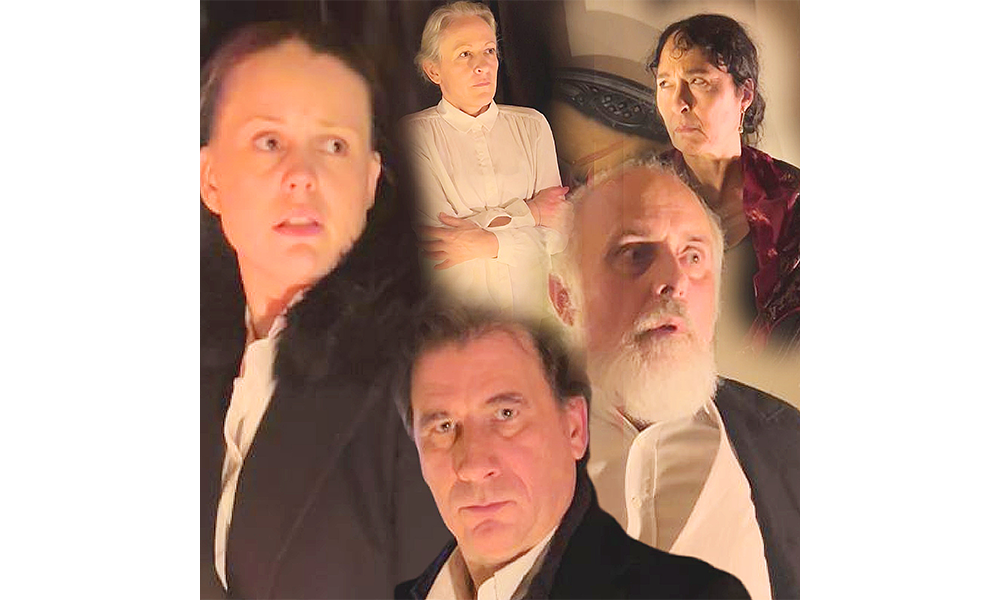
why this play for Christmas?
We’re all about getting people to go to the theatre who haven’t been much.
There’s a great tradition in this country of doing theatre for families and children at Christmas and I wondered if it might be possible to present slightly intelligent plays that could be a Christmas night out for adults.
I looked for something that would be thrilling and entertaining and The Doll’s House is one everyone has heard of, but not many people have seen.
why rename it?
The original is set during Christmas and I have upped the ante slightly on the angle of providing the perfect Christmas and how the pressure makes the wife start to buckle.
Often men don’t take responsibility for the perfect Christmas, they just expect it to be there and don’t see the hard work.
I had seen The Doll’s House and liked it, but when I read it again, I realised there was so much more to it.
It’s extraordinary how this was written about a Victorian couple but we could so easily be eavesdropping on any modern house.
There are the same kind of money worries, the same stresses and strains that come about when a family is thrown together so intensely in the festive period.
what’s the aim?
It shows that the struggle to get through Christmas is a sort of universal thing. It pulls on your heartstrings and that’s nothing to be ashamed of.
Perhaps if we opened up the discussion a bit more there wouldn’t be the pressure to recreate the mystique of the perfect family Christmas with an elaborate dinner and a beautifully decorated house.
If it was more collaborative, there would be a shared responsibility for it.
what happens in the play?
The character is the perfect housewife, during the perfect Christmas. She’s got the perfect husband – he’s just been promoted – and perfect children.
They are having a party and the house looks gorgeous, but to pay for it, she gets the equivalent of a payday loan.
She didn’t quite make the payments back and due to a series of coincidences, the guy who organised the loan ends up at their house.
She becomes terrified her husband will find out and about the repercussions. Will he stand by her and be sympathetic?
We see what she decides to do and what that says about their marriage.
is that a common scenario today?
I did some research and the main reason people divorce is money.
The main time the cracks begin to show is at Christmas.
So there’s a sort of double whammy of creating this amazing time, not spending too much, but also not being a Scrooge.
is it more stressful this year?
Yes. We are in the middle of an economic downturn and there is still the pressure to create the perfect Christmas.
You’re also worried about whether you’ve had the heating on too long.
My elderly parents are certainly thinking twice about it.
The pressure has doubled down and you find yourself thinking: ‘What if it isn’t a great Christmas?‘ or ‘What’s wrong with me?
Why aren’t I happy like the rest of the world?’. In fact, the rest of the world is thinking the same.
The festive season is very strange like that. Coming in, you should be happy and making a fresh start. Also, 10 years ago who knew we all had a credit rating?
Suddenly it’s something you have to worry about. We are confined by something that’s almost entirely artificial and has been sort of forced on us.
what are you like at Christmas?
I’m a gay man in a relationship, so we don’t really have those same pressures, and we’ve often just taken ourselves off for a nice weekend or something.
But I remember seeing it in my parents when I was growing up and looking back, I see things I didn’t understand as a kid.
My grandma had quite severe, MS and my granddad was her main carer, but somehow on Christmas Day, he produced dinner for 12. That must have created a great amount of stress.
As kids we took it for granted.
what causes the stress?
Everyone wants their children to have the most magical Christmas.
Then there’s the pressure for the extended family to come together and siblings might not get on, but because its Christmas, you have to.
Very few people are motivated by just pleasing themselves at Christmas.
how has the Playhouse evolved?
After last Christmas, we took a break to think about how to do things better.
We used to set up a theatre in a different venue for each production, but decided it would be good to have a home, so people know where we are.
This is the second production in our new home at The Hithe. It’s a hub for startup businesses and we’ve got one of the biggest studios upstairs.
We wouldn’t normally be able to afford it, but I approached them and made the case – because the owners are tuned into our philosophy of lifelong learning and trying to keep theatre alive, they have let us have it for just under market rent.
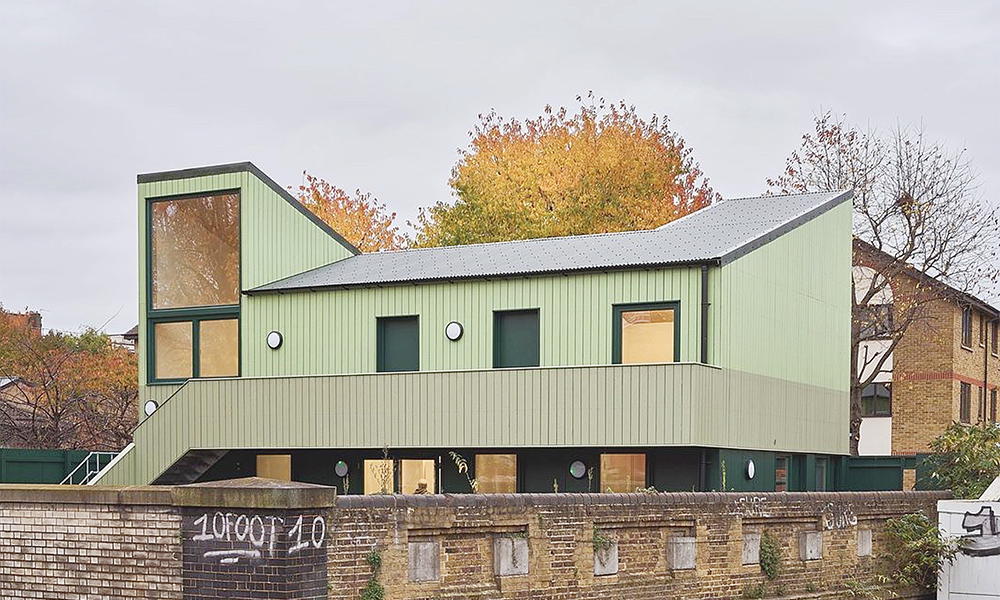
why did you want a home?
We used to move around because, as Covid lost its grip, there were lots of institutions and buildings, which needed to show the public they had opened again – a play was a good way of getting people through the doors.
That’s become less useful now and it’s more useful for the community to know there’s a place where every school holiday, there’ll be something for kids for free.
If people choose, they can come back and see some of the greatest plays ever written with tickets you can afford.
does the future feel more secure?
I think so. We’re very reliant on people’s goodwill and it’s taken a little while to build that up. We had a good momentum but then disappeared for six months so we need to build up the audience members again.
This project is not entirely make-or-break, but if we can’t turn the corner with a production of The Wizard of Oz, then we are doing something wrong.
We’ll sit down at the end of this and look very carefully at the box office figures and hopefully, the books will tell us people are enjoying coming and we should continue.
I suspect we will carry on. There’s enough interest in the project that we can keep building it. The ultimate goal is to get everyone paid properly and make it sustainable.
is The Christmas Wife a gamble?
Yes. Will people exhausted from work want to see it? I don’t know. The other reason I decided on The Wizard of Oz is that’s such a well-known title and hopefully, the 50 seats will fill themselves.
It will be an added bonus if people come back for the drama, which will have 30 seats.
is it still a minimalist set?
Yes. I don’t want to do those great, long lumbering, stodgy productions with bits of scenery cranking about.
At its heart, this is about an audience sat around in a semicircle, with very good actors telling a story very clearly and carrying people along with it.
is it hard to find actors these days?
The arts are still decimated after Covid, so many people have left the profession because there was no work and a lot of them have stayed in permanent jobs.
There’s a shortage of actors who want to give up long-term stable employment to take a short-term contract.
We try to keep rehearsals and performances outside of office hours so it’s possible to maintain your survival job and also practice your craft.
do you still have a day job?
Yes, I’m still also a professional journalist, but this has become more my main job, although it doesn’t pay like it.
It wouldn’t operate without a high level of focus on my part.
I’d like to delegate more, but you need a certain calibre of person that you are happy to leave things to.
We are so open to anyone getting involved. Even if you don’t have any experience and would like to volunteer, we will teach you.
plans for 2023?
It is quite dependent on how people react to these plays.
The only thing I’m absolutely sure of is that every holiday and half-term I want to do a piece of kids theatre where the tickets are free for kids so that they don’t just go to the theatre a couple of times during their childhood.
I want it to be something they can do regularly so that it demystifies the process and it makes it feel natural and comfortable.
Read more: Greenwich Theatre villain takes the panto reins
Read Wharf Life’s e-edition here
Subscribe to Wharf Life’s weekly newsletter here
- Laura Enfield is a regular contributor to Wharf Life, writing about a wide range of subjects across Docklands and east London




